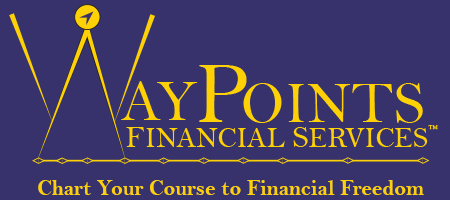Say you’re 25 years old and you put $500 in a mutual fund that earns 8% a year, then you add just $100 each month. You would wind up with more than $335,000 by the time you’re 65.
But if you wait until you’re 35, invest $2,500 (five times as much as above) and then add $100 a month, you’d only have $167,000 by age 65.
H&R Block estimates that at least $1 billion; that’s $460 per do-it-yourself taxpayer; is overpaid every year in taxes by Americans who fill out their tax returns by themselves, neglecting to take advantage of often overlooked tax deductions and credits.
Social Security isn’t going away. Social Security’s trustees expect the program to remain in the black at least until 2019. The trust fund will evaporate by 2033 if nothing changes, but incoming money from payroll taxes will still be enough to support 77% of promised benefits, the trustees estimate. All of which gives Congress nearly two decades to work out a relatively modest fix. That could involve raising payroll taxes, extending the retirement age, or making a small cut in benefits.
Just be sure you keep Social Security’s original mission in focus: It is a supplemental retirement insurance program and was never intended as a pension per se. You will need multiple sources of income to live comfortably in retirement.
Buying a home is NOT a fast path to wealth. Homeownership still makes financial sense for millions of Americans. Mortgage interest provides a significant tax break for homeowners who itemize, and paying down the principal on a home is a systematic way to generate long-term savings.
But homeownership is no longer an easy path to riches. One major downturn…you could owe more than your residence is worth.
NEVER borrow from your 401K. When you do, you are borrowing before-tax dollars set aside in your 401(k) — and paying the loan back with after-tax money. That money will get taxed again when you withdraw from your savings after you retire. You end up paying taxes twice on your money.
And it gets worse. If you quit your job or are laid off or fired, you will need to pay the loan back, typically within 60 days — at a time when you may least be able to afford to pay it back. If you can’t pay it back, the outstanding balance will be considered a taxable distribution and, if you are under 55, you will get hit with an additional 10% early-withdrawal penalty.
Half of all Americans ages 55 to 65 don’t have a last will and testament. Die without a will and you let complete strangers decide how to split up your estate and raise your children. It’s called dying intestate, an act (or failure to act) that leaves the divvying-up process to state law. In lieu of a will, the court gives first dibs to a spouse and children, followed by other relatives. If you have no family, your property goes to the state. And unless you appoint a guardian for your minor kids in a legally executed will, their future will be determined by the court.

Navigating these “truths” in life are not as complicated as you would think.